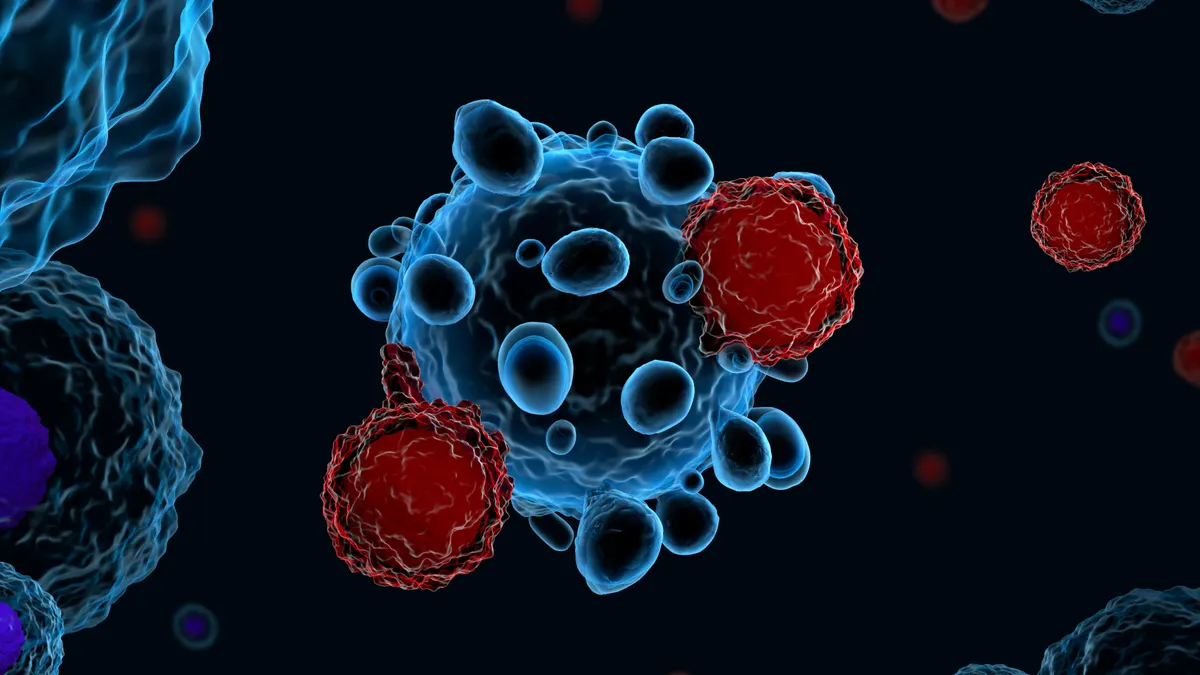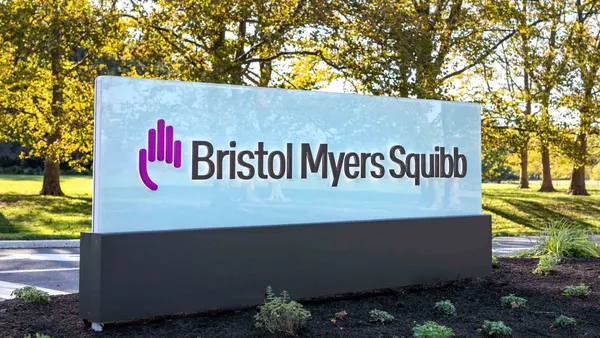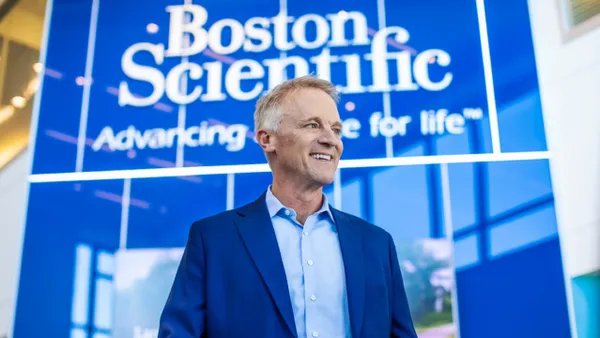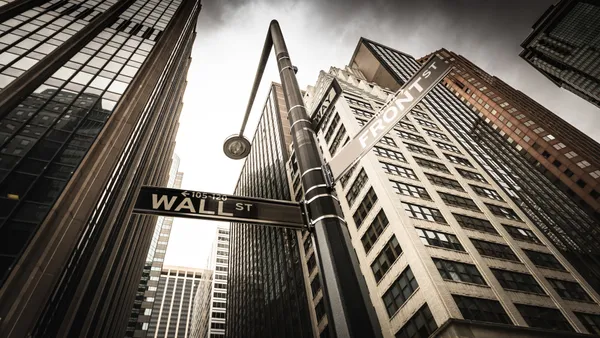2seventy bio, the cell therapy spinout of Bluebird bio, is selling itself to Bristol Myers Squibb after losing most of its market value in its short run as an independent biotechnology company.
Per terms of a deal announced late Monday, Bristol Myers will acquire 2seventy in a buyout that values its equity at $286 million, or about $102 million when accounting for its estimated cash reserves. The all-cash offer values 2seventy’s shares at $5 apiece. That represents a roughly 88% premium to their $2.66 closing price on March 7, but amounts to a small fraction of their worth only a few years ago.
The deal hands Bristol Myers the rights to the multiple myeloma cell therapy Abecma that it doesn’t already own. The treatment came to market in 2021 and generated $406 million in sales for Bristol Myers last year. But the pharmaceutical giant paid $43 million in profit-sharing costs in 2024 through a longstanding deal that gives 2seventyBio half of U.S. Abecma sales.
The buyout marks the end of a difficult road for 2seventy, which in 2021 launched with an approved product, hundreds of millions of dollars and a pipeline of cell therapies, but has since watched its value erode.
2seventy was created by Bluebird, a pioneering gene therapy maker and a leader in the field’s renaissance last decade. Bluebird went public in 2013 and, in the ensuing years, advanced a pipeline of gene therapies for rare diseases as well as cell therapies for cancer. Both efforts yielded approved products, with Bluebird ultimately bringing to market three gene therapies in addition to Abecma.
Bluebird, however, hit a number of delays developing its treatments. It also had high operational costs and struggled to grow sales, a reflection of the challenges facing cell and gene therapy biotechs. Bluebird chose to split into two businesses in 2021, arguing at the time that each company could focus more intensely on their respective area.
“[I]t is clear to us that the two businesses are best served by independent leadership and teams to drive distinct strategic and operational objectives,” Nick Leschly, the former CEO of Bluebird and 2seventy, said in a 2021 statement.
But both biotechs would continue to spiral downward. The split came as a once booming market for biotech petered out, making it hard for companies to raise money. Bluebird couldn’t boost sales enough to turn a profit, leading to a cash crunch so dire it was forced to sell itself last month to avoid defaulting on debt. 2seventy, meanwhile, restructured and sold off its development pipeline to Regeneron and Novo Nordisk in a bid to focus exclusively on Abecma.
Even that plan has proven difficult to execute. Abecma’s launch was initially hamstrung due to tight supply. And since then, Abecma’s sales have been dwarfed by those of Carvykti, a rival treatment developed by Johnson & Johnson and Legend Biotech that generated nearly $1 billion last year.
Another multiple myeloma cell therapy from Gilead Sciences and Arcellx is nearing market, too, further threatening Abecma’s standing.
Bristol Myers is now tasked with reversing that trend, though its offer is indicative of only “modest confidence in the near-term profit potential” of Abecma, wrote Leerink Partners analyst David Risinger.
“The strategic rationale for this acquisition is clear and today’s announcement represents the culmination of the journey for 2seventy,” said CEO Chip Baird, in a statement. “I would like to express my deep gratitude for current and past 2seventy team members and more broadly the dedicated community of patients, scientists, providers and partners that helped take cell and gene therapy from a complicated idea to reality for patients.”
The deal is expected to close in the second quarter.















